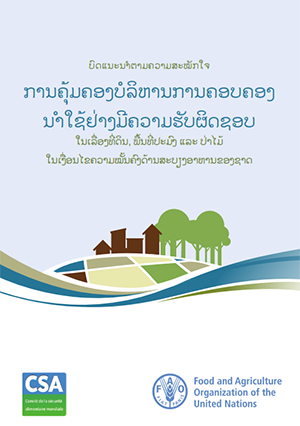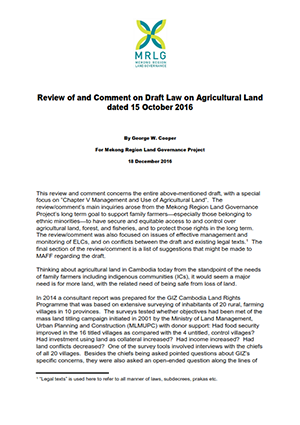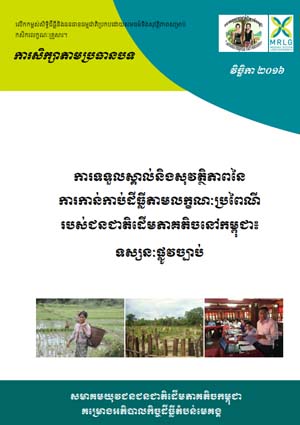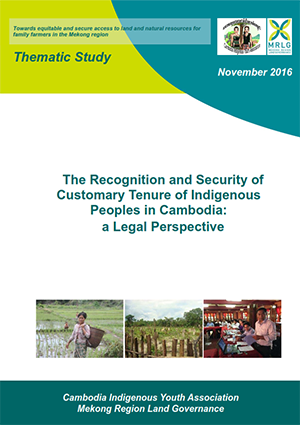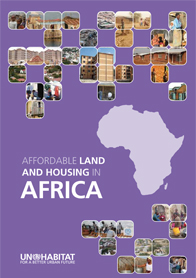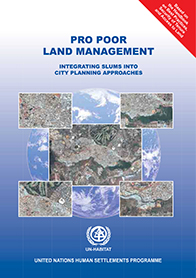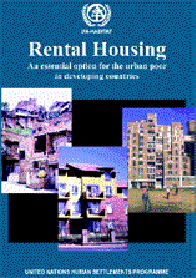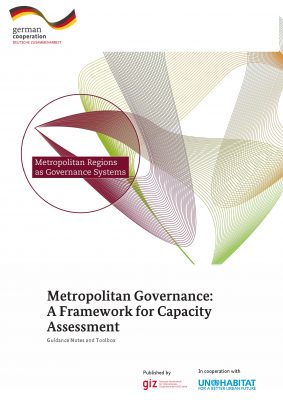External action to overcome fragile structures: What can development policy achieve?
Development policy has to deal with the full spectrum of fragility in developing countries, which can range from individual deficits, for example in guaranteeing security, to the total collapse of state structures.The scope available to development policy and other external actors is always limited. Nevertheless, starting points are often on hand to achieve some measure of stability and help overcome weak state structures.



